With a Master's in Global Health focused on Conflict and Security, Osama is committed to redefining humanitarian discourse through the lens of the Humanitarian-Development-Peace Nexus. His academic pursuits explore the interplay of the humanitarian and development nexus, particularly regarding primary healthcare in areas affected by conflict. As a Project Manager with a humanitarian organisation, Osama oversees medical outreach projects dedicated to bridging the gap in health service access for marginalised communities globally, firmly believing in integrated, person-centred services. Osama believes in the power of diplomacy, as he aims to leverage diplomatic approaches to dismantle silos between the humanitarian, development and peace domains. Joining IARAN, he commits to their strategic foresight and analysis mission in the humanitarian field, eager to develop innovative solutions for complex challenges
Miguel Castillo
Miguel Castillo is a Health professional with more than ten years of experience across a variety of settings, including conflict-affected areas, migration or protracted crises. Miguel has supported delivering health programming across the globe, including in South Sudan, Democratic Republic of Congo, Bangladesh, Venezuela, Iraq, among others.
Specialized in implementing comprehensive health programs within humanitarian interventions, and deeply committed to exploring innovative digital health solutions in these challenging contexts, Miguel is continuously exploring transformative approaches to strengthen and fortify health systems, with an unwavering dedication to improving healthcare outcomes and adopting patient-centered approaches.
When outside of work, Miguel keeps busy with his energetic toddler daughter and challenging himself to be prepared to run a half-marathon.
Gianluca Ranzato
Gianluca is a development and humanitarian professional with more than 20 years of experience in the sector. After graduating in Agricultural Sciences, devoted himself to study Cultural Anthropology and Humanitarian Leadership. Gianluca has worked oversee for 12 years (Mozambique, South Africa, Thailand, Indonesia, Sri Lanka and Myanmar) with local civil society actors strengthening vision, strategy and networking.
Since 2014 he works for Save the Children Italy where he is now Humanitarian Strategist. His areas of specialization are People Surge Capacity, Preparedness and Anticipatory Action, Humanitarian/Development/Peace Nexus and Localization. More recently he has been focusing his studies and work on foresight based strategic thinking.
Gianluca is married to Cecilia and father of Eva and Elia and plays in a noise punk band.
Marta Persiani
Marta has about 15 years of experience working in the Development and Humanitarian sectors, mainly in Management, Quality and accountability, both in INGOs and in the UN. She is currently the Head of Programmes Management and Development in Save the Children Italy - supporting the organisation’s Localisation and Partnership focus - while consulting independently on M&E, Accountability to Affected Populations, Safeguarding and Prevention of Sexual Abuse and Exploitation.
She strives to continuously change observation points, as a means to inclusion, relevance and accountability, and to challenge (hers and others’) personal and professional assumptions towards growth and coherence. She does so by diversifying her professional careers (including, for instance, collaborating with Universities in Bologna - Italy and Reykjavik - Iceland), to nurture a wide while detailed vision.
Marta has decided to join IARAN as she views it as an opportunity for ongoing learning and exploration. She also believes that a stronger strategic sectoral reflection is essential for ethical, relevance, and efficiency reasons, and emphasizes the need for continued connections within the wider ecosystem beyond our sector.
Max Santana
Max Santana specialises in strategic foresight, drawing on his experience in intelligence and risk consulting. Prior to joining IARAN, Max held research positions at Control Risks and the Mexican Institute for Competitiveness (IMCO), a public policy think tank in Mexico City.
Max also has teaching experience in strategic foresight. He has tailored strategic foresight courses for international relations students at Tec de Monterrey and shares his expertise in strategic planning with students on the Specialty for Tomorrow programme at CENTRO, a university specialising in creative industries in Mexico City.
Julia Broska
Julia is an humanitarian and development practitioner and works as an Advisor for GIZ Afghanistan (Deutsche Gesellschaft für Internationale Zusammenarbeit), supporting internally displaced Afghans in their realization of their rights to shelter, basic services and livelihoods. Her main interests lie in maximizing the impact of aid by leveraging systems thinking approaches and moving the participatory revolution forward.
As a Governing Member of the International Association of Professionals in Humanitarian Assistance and Protection, Julia promotes collaboration, knowledge exchange and debate on a broad range of humanitarian topics and trends beyond organisational affiliations.
Julia joined the IARAN fellowship because she wants to contribute to IARAN’s vision of an equitable and connected aid ecosystem. She wants to continue learning about, and sharing her knowledge of strategic foresight methodologies and approaches for the benefit of the people the humanitarian sector aims to assist.
Juan Posada-Burbano
Juan Posada-Burbano is an international consultant in project management. Posada has more than 10 years of experience conducting needs assessments, writing grants, monitoring project implementation, and engaging with a wide range of stakeholders, from local organizations and communities, to governments and international cooperation agencies. Posada was formerly the National Protection and Humanitarian Assistance Coordinator for Save the Children in Colombia, and served in the European Commission Humanitarian Office for South America, overseeing projects on Protection and Humanitarian Assistance, Disaster Risk Reduction, and Education in Emergencies in Ecuador, Colombia and Venezuela. Currently, he advices humanitarian NGOs in project implementation in Colombia, and oversees a research project in the Middle East, led by a US-based university consortium, to support and restore cultural and traditional livelihood practices among minority groups targeted by extremist violence. He also conducts his own independent research on the role of civil society organizations as development agents, locally-led capacity development, and knowledge co-production in humanitarian-development settings.
Sali Hafez
Sali is a global health researcher and specialist, with 10 years expertise in health and gender in humanitarian settings and fragile states. In her previous capacity, as the humanitarian affairs officer at United Nations Population Fund (UNFPA), she led field level and multi-country research, humanitarian analysis and scenario development. Currently, she is a doctoral candidate at the University of Geneva, school of global health, working to promote evidence based health policy and decision making.
Luana Moussallem
Medical doctor in Brazil for 20 years, Luana is experienced in multidisciplinary teams coordination, risk management processes, continuous education and health and nutritional fields projects. Also interested in and involved with political and community related issues and grassroots movements. In Europe since 2018, Luana engaged in a new journey oriented towards humanitarian and cooperative initiatives on a global and local level, related to public health, nutrition, food security and education. For Luana the IARAN is a space of collaborative intelligence among humanitarians sharing a common vision on the transformations to come; it is a space of hope, trust and intelligence where to boost innovative projects for local leadership, multicultural cooperation and strategic thinking: "Research and collaborative networks are very important tools to construct and make happen a more developed, connected, respectful and free world".
Amara Bains
Amara is a futures-focussed humanitarian and development practitioner with more than 20 years’ experience. Currently, her efforts are directed to utilising an understanding of complex adaptive systems, in particular the emerging field of anthro-complexity, as well as a development as freedom and feminist lens to reflect on the state of aid and development. She is undertaking a PhD on community participation in artificial intelligence for social good with respect to the UN Sustainable Development Goals. Amara joined the IARAN fellowship to benefit from the collective intelligence of the fellowship as she investigates the implications of the fourth industrial revolution on humanitarian aid and development, the localisation agenda and decolonisation of aid.
Leonie Le Borgne
Leonie works as a Technical Advisor in the Anticipation team of the Start Network which forecasts, funds, and mitigates predictable disasters around the world. Leonie's role centres on growing networks of pre-emptive thinkers at national, regional and global levels.
Leonie joined the IARAN fellowship because she believes that if we join forces from across the humanitarian sector and beyond, integrating new perspectives and thinking long-term, we can change it for the better.
Mariana Merelo Lobo
Mariana is a humanitarian and development practitioner with specific expertise in collaborative leadership development, action learning, coaching and facilitation of groups and individuals. An accredited Associate of the Partnership Brokers association, Mariana combines over 15 years’ experience working with international humanitarian organisations in a variety of settings. She currently lives in the Netherlands, with her husband and two children.
Mariana joined the IARAN fellowship because of a passion for humanitarian futures and a belief that the humanitarian collaborative practice needs to be ‘re-sourced’ beyond its existing paradigm. Mariana is also very keen to explore how her own experience and expertise can be put into action, together with other complementary sets of talents and passions.
Francois Bourse
François is is the Director of studies at Futuribles, a Paris based international, independent, private non-profit organization network on future studies that we have worked with in the past. He is also an Associate Professor at Cnam, a member of the innovation teaching team, the Research Chair of prospective and sustainable development.
Matt Thomas
Matt is a researcher and writer based in London. He currently works at the intersection of strategic foresight and data science for the British Red Cross, focussing on crisis-affected people in the UK. Matt also writes a column for anthropology magazine SAPIENS, exploring the human side of the so-called artificial intelligence revolution
Matt joined the IARAN for the opportunity to meet and collaborate with foresight experts from across the humanitarian ecosystem
Eilidh Kennedy
Eilidh is a strategic foresight professional, with an expertise in future studies. Former Chief Analyst at Save the Children International and at Action Against Hunger, she is Associate Research Fellow at the French Institute for International and Strategic Affairs (IRIS). She has published numerous papers and, teaches courses on analysis, scenario development and the humanitarian system.
Having led a pool of regional analysts in Save the Children International and Action Against Hunger, Eilidh founded and directs the Interagency Research and Analysis Network consultancy branch. Today, Eilidh leads a number of foresight studies for the IARAN, and when she is not busy with research projects and strategy support, Eilidh designs ad hoc training courses for foresighters and analysts.
You can see some of Eilidh’s ideas and work on the ALNAP 2021 Annual Meeting, which explored the challenges posed by uncertainty and the ways in which humanitarians can better equip themselves to respond within this context.














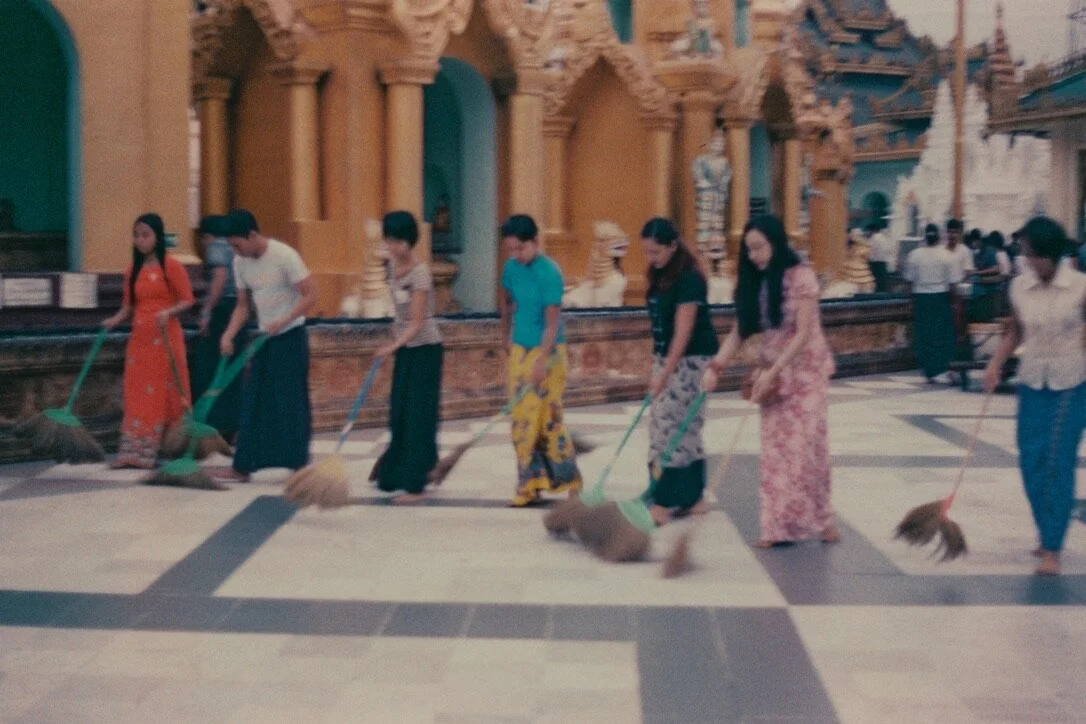


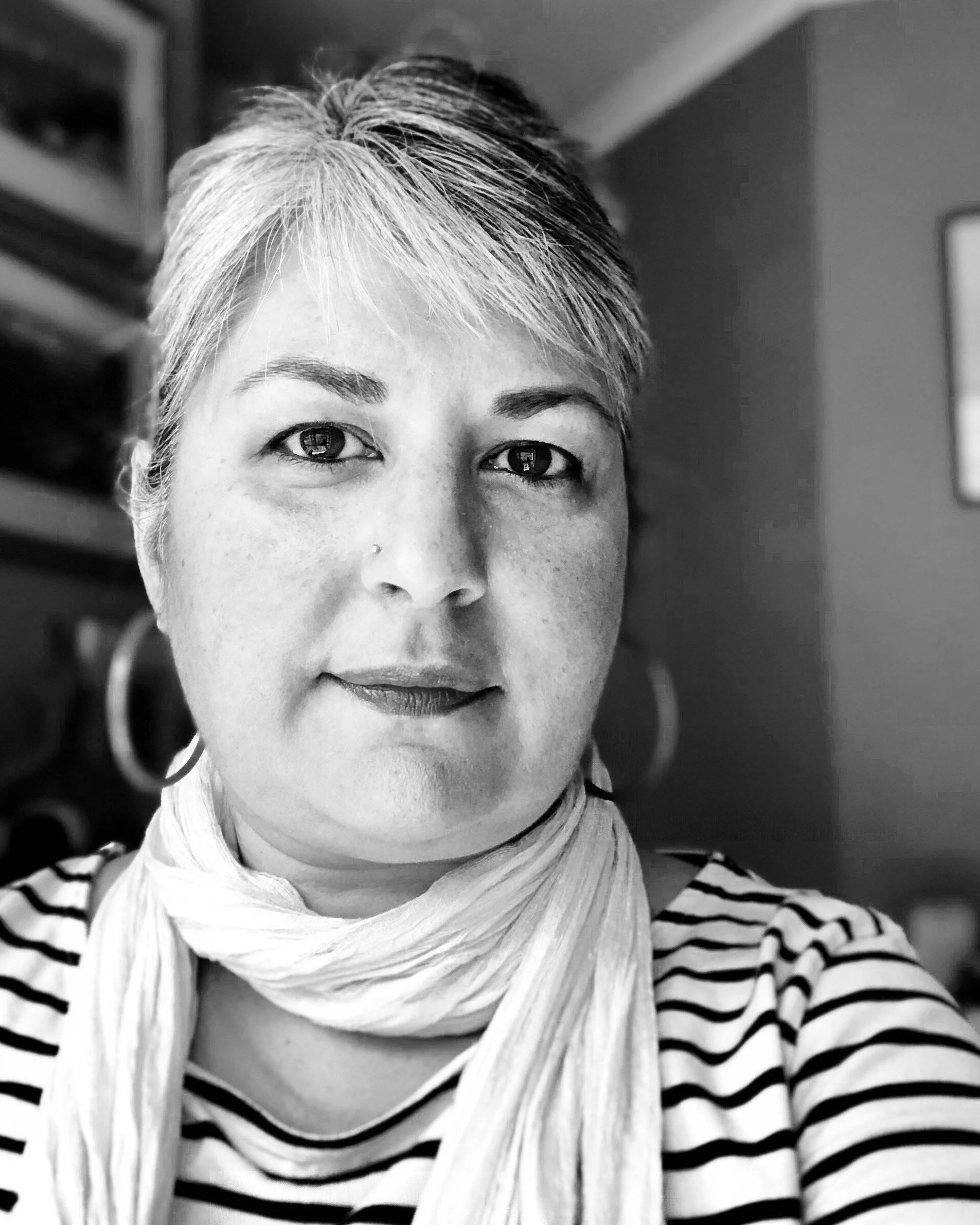
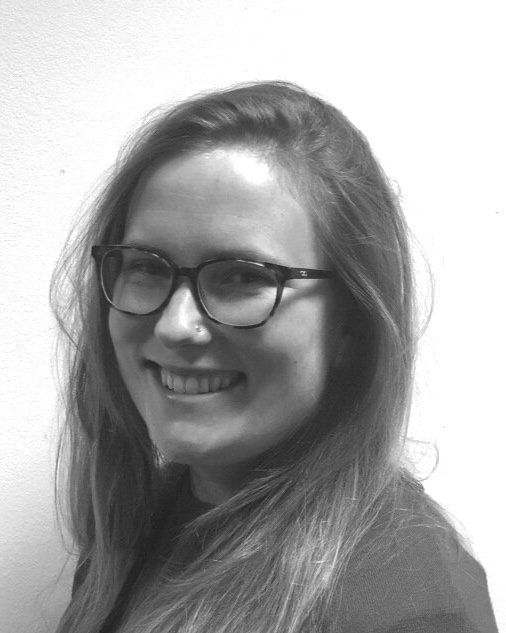



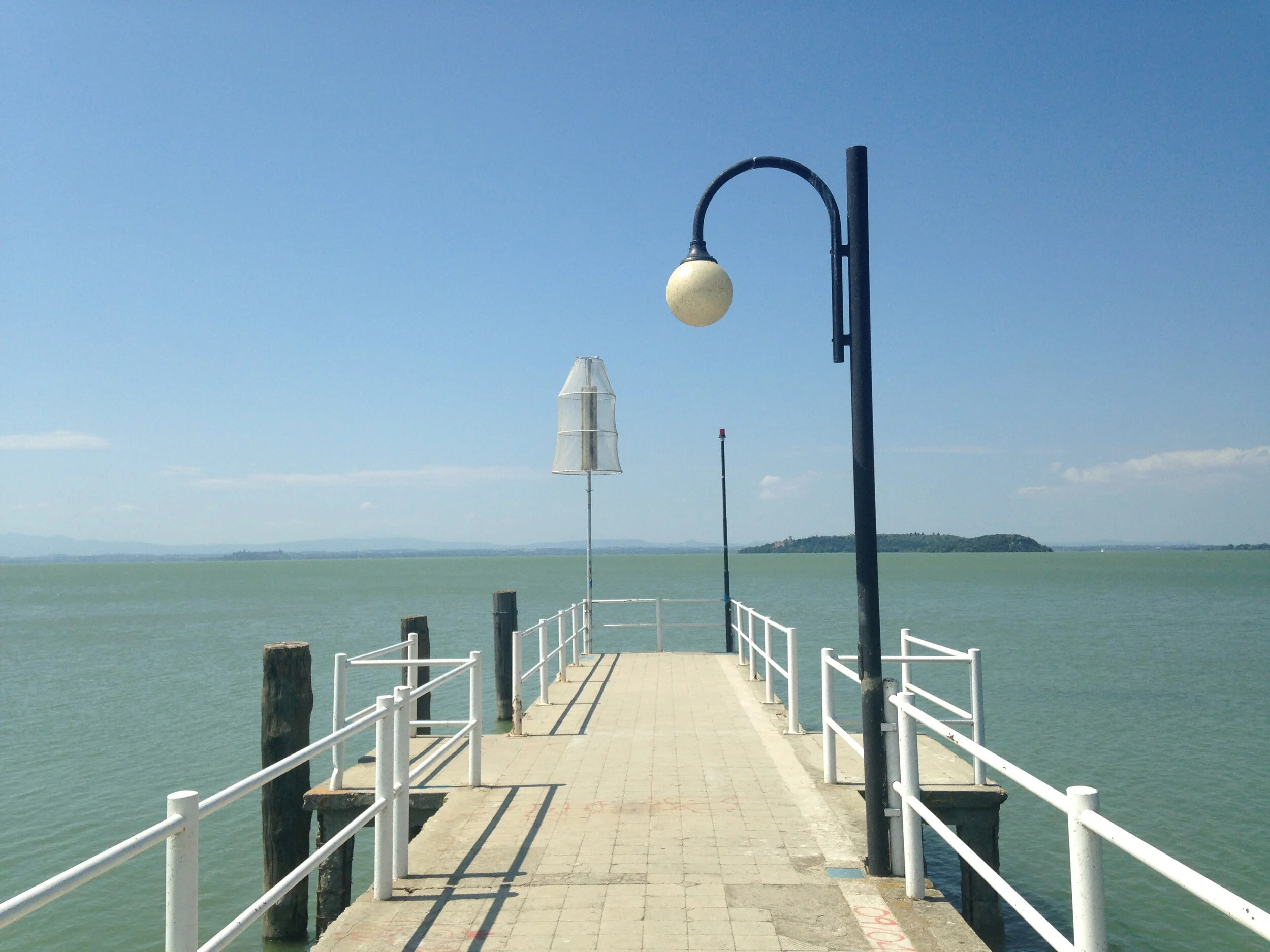
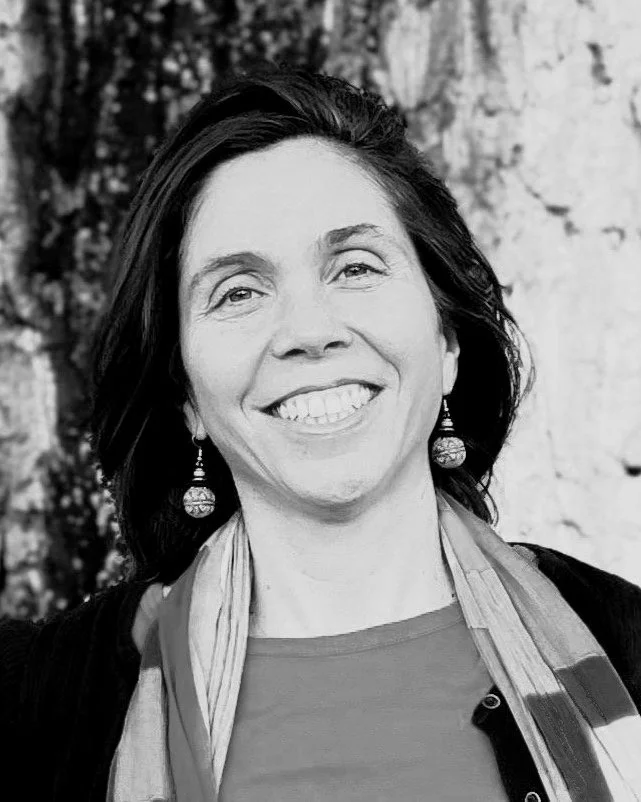








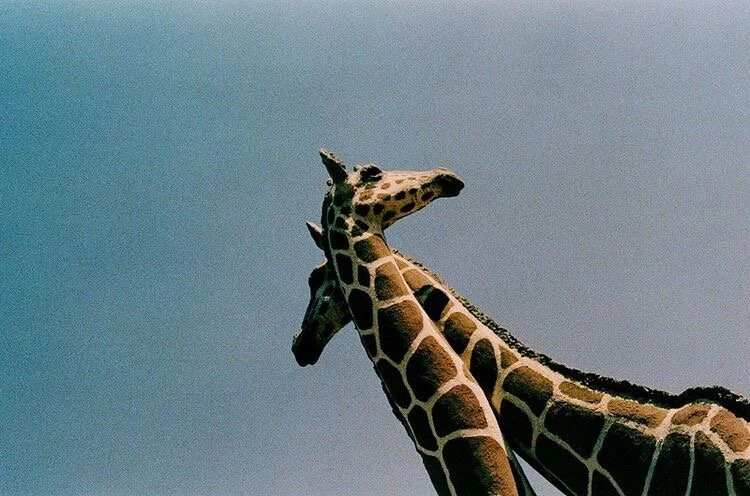
Afghanistan is one of the countries that received the highest amount of ODI over the past 20 years, yet poverty has lately been on the rise. Aid is heavily politicized and the fight against corruption has shown limited success. Consequently, the aid sector is affected by a fundamental lack of trust: high ranking officials of the Afghan government have repeatedly expressed their distrust of aid actors